
Nick Abbot 10pm - 1am
17 August 2020, 15:16
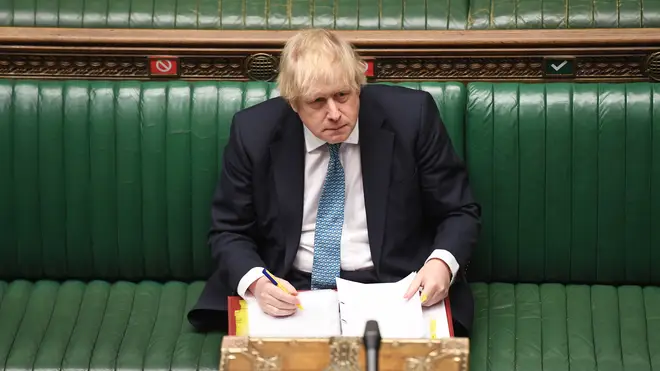
As the government makes a big U-turn on the A-level results, LBC looks back over the other missed targets, broken promises and U-turns during his time as Prime Minister.
Just yesterday, Education Secretary Gavin Williamson insisted that there would be no U-turn over the use of the controversial algorithm to downgrade the A-level results of 40% of pupils.
But this afternoon, they are expected to admit that students can use teachers' predictions as their actual grades.
It's the latest in line of u-turns and missed targets. From the promise of 100,000 tests per day to the U-turn over school meal vouchers, here are the other areas that the government has rowed back on pledges during the coronavirus pandemic.
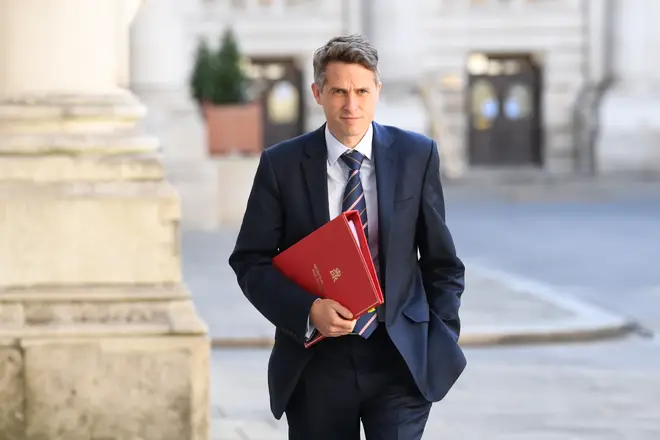
What they said
Education Secretary Gavin Williamson insisted allowing pupils to use the Centre Assessed Grades - the teachers' predictions - would be unfair as it leads to a 13% inflation in grades this year. Just yesterday, he told the Sunday Times that there would be no U-turn.
What actually happened
The U-turn is yet to be confirmed, but England is expected to follow the other three UK nations in allowing those teacher predictions to be used.
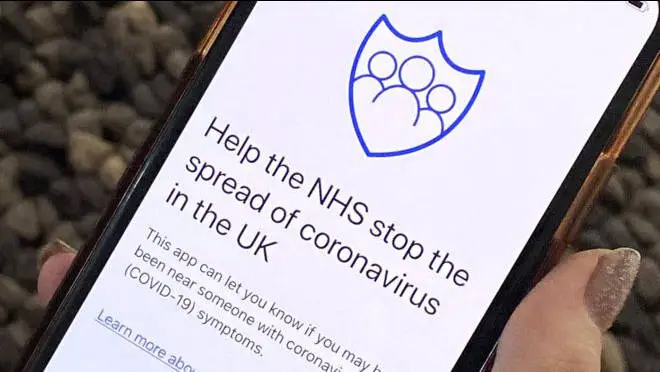
What they said
Security Minister James Brokenshire on why they chose a centralised system: "We think the centralised system actually gives you better visibility on where there might be hotspots."
What actually happened
On 18th June, the government admitted that they were scrapping the centralised system - where all the data is stored separately - to focus on the Google/Apple alternative, which stores data on users' phones. That is the system used by the huge majority of countries around the world.
The app works by tracking people that you are near and if you are confirmed as having coronavirus, it alerts people who you could have infected.
But, as many experts predicted, the Isle of Wight trial showed that the app poor at recognising iPhones. LBC's Ben Kentish reported that Understand that it detected just 4% of contacts by people on iPhone, compared with 75% for Android.
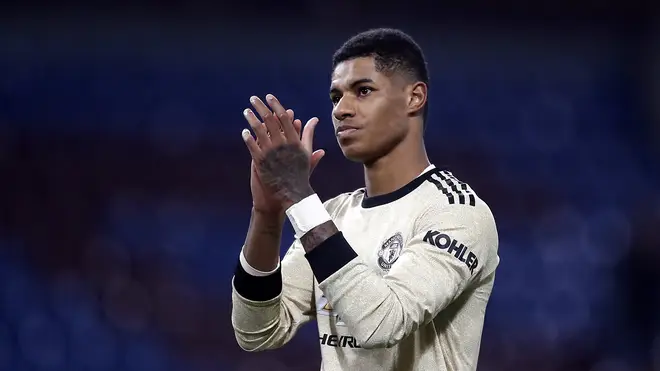
What they said
Grant Shapps: "It is usually the case that over the summer holidays, free school meals are not available, schools are not there."
What actually happened
Just a few hours after Mr Shapps insisted the government would not be extending the school meals voucher programme, they did just that.
A government spokesperson said that all pupils in England eligible for free schools meals WILL now get food vouchers over summer.
They even effectively linked the change to Marcus Rashford’s campaign, saying the Prime Minister “respects” Man Utd star using his platform for good.
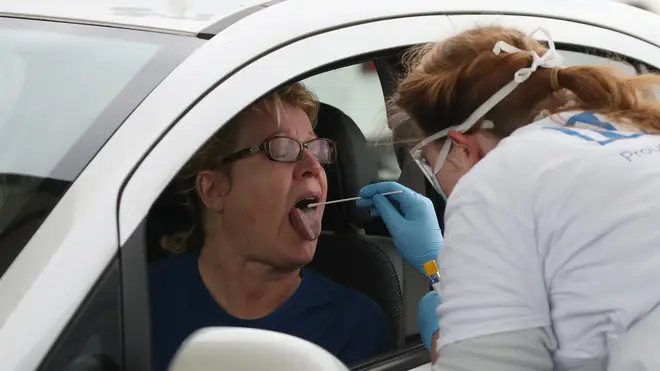
Pledge
Matt Hancock: "We will reach 100,000 coronavirus tests per day by 1st May."
What actually happened
With just a few days to go, the government were well short of that number. Indeed on April 28th, fewer than half that number were carried out. But the numbers shot up and on 1st May, the government proudly pronounced that they had carried out 122,347.
That claim quickly fell apart however. It was revealed that only 73,191 individuals were actually tests, with the government counting both nose and throat swabs taken on the same person twice. It also included 27,497 home testing kits which had been posted, but had not actually been carried out processed.
The number of tests then slid down to below the six-figure number for the next 12 days and only went back over 100,000 on the 14th May.
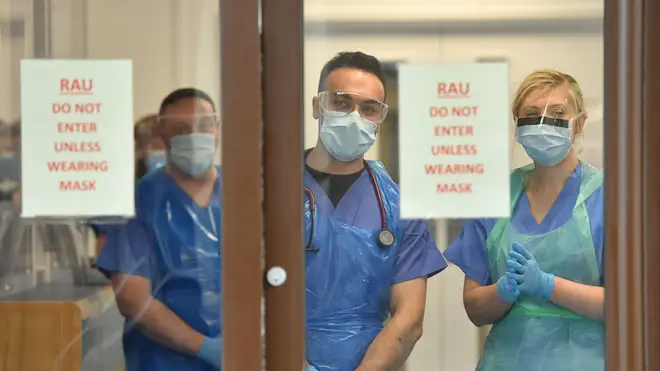
Pledge
Robert Jenrick: "A very large consignment of PPE is due to arrive in the UK from Turkey tomorrow."
What actually happened
This shipment was supposed to contain 84 tonnes of safety equipment, including 400,000 gowns, to protect healthcare workers complaining about the lack of kit.
That shipment didn't arrive the next day, or the day after or the day after that.
Most worryingly, despite being inspected by British officials in Istanbul, it was later acknowledged that the gowns were not of high enough standard to be used by the NHS.
Pledge
Priti Patel: NHS porters, cleaners and social care staff were excluded from the Home Office scheme, granting families of health workers indefinite leave to remain in the UK if they die of Covid-19.
What actually happened
Critics complained the policy was unfair and LBC's Ben Kentish asked about this at the Downing Street briefing. Culture Secretary Oliver Dowden simply said it was under review.
Just 32 minutes after the end of the press conference, the Home Office announced they were extending the scheme to all NHS support staff, with Ms Patel saying: "There are many, many heroes within the NHS, not just doctors and nurses."
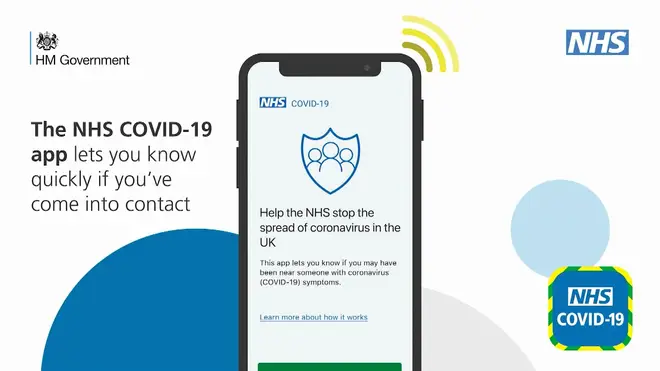
Pledge
Boris Johnson: "A world-beating operation to test, track, trace and isolate new infections will be in place by June 1st."
What actually happened
The system did indeed kick-off at the start of June, but it was not the full programme the government promised. Justice Secretary Robert Buckland admitted the system was not “as widespread as we’d like” at the start.
So far, a manual process has been launched, with people having to list the contacts they had been near in recent days.
The much-vaunted phone app, trialled on the Isle of Wight, has still not been launched. The head of the UK's Test and Trace programme, Dido Harding, has refused to put a timeline on when the app would be launched.
Pledge
NHS staff and care workers would no longer have to pay a controversial visa surcharge.
What actually happened
Boris Johnson originally defended this plan, suggesting the financial contribution this surcharge raised for the NHS was too important to lose.
However, Tory MPs and peers told him the policy was "mean-spirited and immoral" and with the risk of a House of Commons defeat with a Labour amendment to the Immigration Bill, Boris Johnson announced a U-turn.
A spokesperson said: "The prime minister has asked the Home Office and the Department for Social Care to remove NHS and care workers from the surcharge as soon as possible."
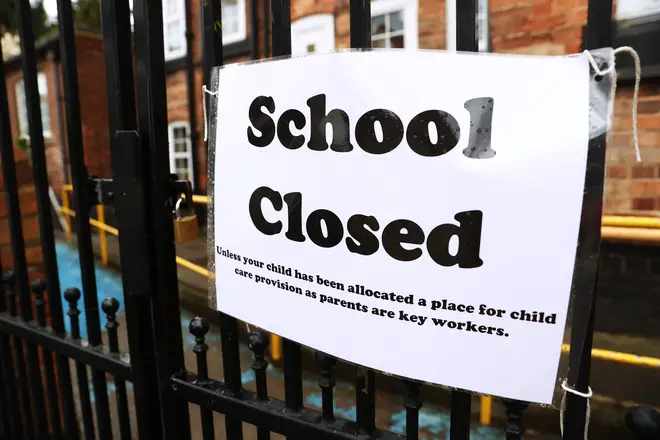
Pledge
Gavin Williamson: "All primary school children to be back in school for a month before the end of term."
What actually happened
Some Reception, Year 1 and Year 6 pupils went back to primary school on 1st June. Classes were split so that numbers were never higher than 15 per class. Other schools said they did not have enough space to safely open for children.
Today, the Education Secretary is to admit the plan to get all children back before the summer holidays will not be possible.
Head teachers had consistently said it having everyone back at school had never been a practical possibility.